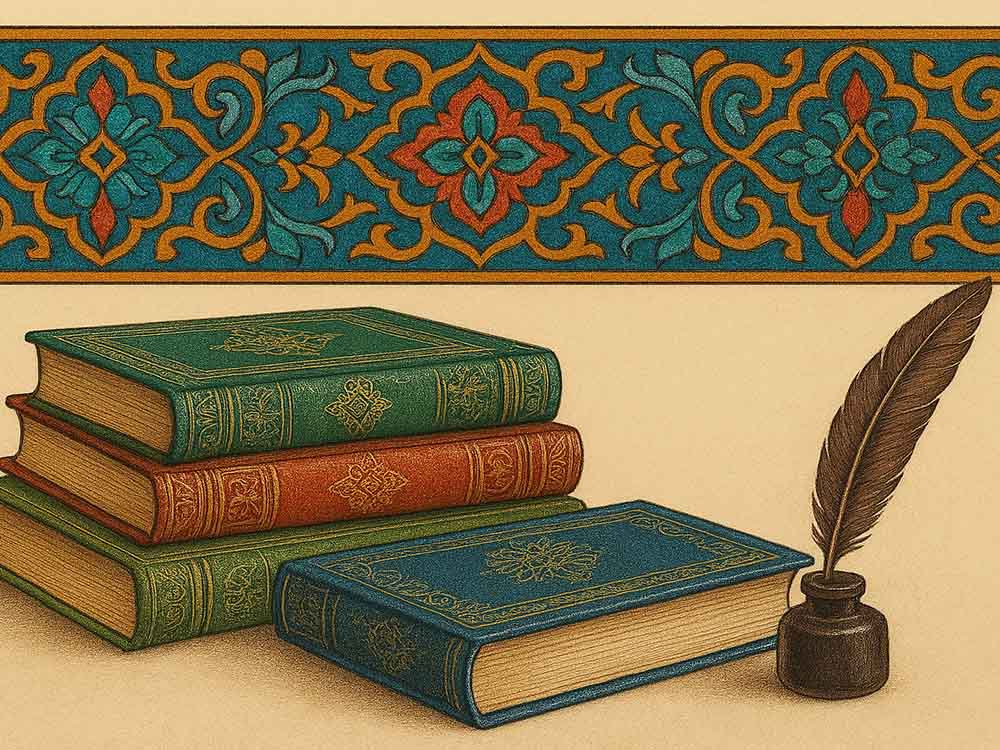Department of Uzbek Literary Studies
Established in 2021, the Department of Uzbek Literary Studies at Chirchik State Pedagogical University focuses on nurturing a new generation of highly qualified specialists in Uzbek literary analysis. The department aims to integrate modern educational programs and innovative technologies into its teaching, individualize student learning, and expand international collaborations. Its research encompasses various aspects of Uzbek literature, including teaching methodologies, poetics of religious themes, the works of Alisher Navoi, literary translation, comparative literary studies, interpretation of historical figures, and Jadid literature.
DEPARTMENT OF UZBEK LITERARY STUDIES
Year of Establishment: 2021 Address: Tashkent Region, Chirchik State Pedagogical University, Building 6, Room 318
The department originated from the Department of Languages as the Department of Uzbek Language and Literature based on Decision No. 1 of the ChDPI Council adopted on August 27, 2018, and operated during the 2018-2019, 2019-2020, and 2020-2021 academic years. By Decision No. 1 of the Institute Council meeting on August 23, 2021, it separated from the Department of Uzbek Language and Literature to become the Department of Uzbek Literary Studies.
DEPARTMENT GOALS AND OBJECTIVES
Department Mission: To form and develop a new generation of highly qualified specialists in the field of Uzbek literary studies who meet modern intellectual demands and the country's development strategy.
Our Objectives:
- To develop and implement modern educational programs in the field of education.
- To improve the teaching of subjects in Uzbek literary studies using innovative technologies.
- To individualize education taking into account the needs of students.
- To expand international cooperation – establish partnerships with universities, the scientific community, and educational projects.
- To develop the research environment – become an innovative center for literature teaching and philological, pedagogical research.
Mid-term Strategic Development Program of the Department of Uzbek Literary Studies (for 2022-2025)
CURRICULA
The department conducts classes on Uzbek literature for undergraduate students.
1st-year curricula:
- 60110700 - Uzbek Language and Literature – Fundamentals of Literary Studies
- 60110800 - Tajik Language and Literature – Tajik Dialectology
2nd-year curricula:
- 60110700 - Uzbek Language and Literature – Uzbek Literature
- 60110800 - Tajik Language and Literature – Children's Literature of Tajikistan
3rd-year curricula:
- 60110800 - Tajik Language and Literature – Methodology of Teaching Tajik Language
4th-year curricula:
- 60110800 - Tajik Language and Literature – Literary Theory
For Master's Degree students: 1st-year:
- 700111401 - Uzbek Language and Literature – Current Issues of Uzbek Literary Studies
2nd-year:
- 700111401 - Uzbek Language and Literature – Methodology of Teaching Special Subjects, Scientific Seminar.
SCIENTIFIC RESEARCH DIRECTIONS AND PROJECTS
The Department of Uzbek Literary Studies conducts scientific research in several strategic directions. These directions aim to carry out scientific research that meets modern educational requirements, expand cooperation with national and international scientific communities, and achieve practical results:
- Methodology of Teaching Uzbek Literature: The process of organizing differentiated literary education based on an innovative pedagogical cluster is one of the pressing issues of the modern education system. The theoretical and practical aspects of differentiated education, particularly using the example of Alisher Navoi's works, are being studied.
- Poetics of Religious Themes in New Age Poetry: The scientific research of the department in this direction focuses on the poetics of religious-enlightenment and mystical themes in new age poetry.
- Study of Alisher Navoi's Work: A number of scientific works are being carried out within the framework of the genesis and evolution of images in Navoi's "Farhad and Shirin" epic.
- Literary Translation: Research is being conducted on linguopoetic means in literary translation, their expression, and specific characteristics.
- Comparative Literary Studies: Artistic and stylistic explorations in Uzbek and Tajik literature of the XVIII-XIX centuries are being studied comparatively, and a number of researches are being carried out.
- Interpretation of Historical Images: Creating an artistic interpretation of historical figures in fiction is one of the urgent problems of modern philology. The work of Khurshid Davron is significant for creating artistic interpretations of historical figures such as Amir Temur, Mirzo Ulugbek, and Bibikhanim. The lyrical, epic, and dramatic works of the artist are being analyzed on this topic.
- Jadid Literature: Jadid studies, a currently relevant topic, and the interpretation of aesthetic ideals in their works are being studied more deeply at the department. One of the studies conducted by the department reveals the problem of the author's aesthetic ideal in Hamza's dramas. Hamza's dramas such as "Poisonous Life," "Punishment of Slanderers," "A Scene from Weaver's Secrets," and "Past Elections" are taken as objects of research. The harmony of the author's ideal and aesthetic ideal in dramatic works is illuminated based on the characters of the work. The characters in the work are revealed and grouped from the point of view of the author's aesthetic ideal.
These directions serve to enhance the department's scientific research potential and develop new modern methodologies.
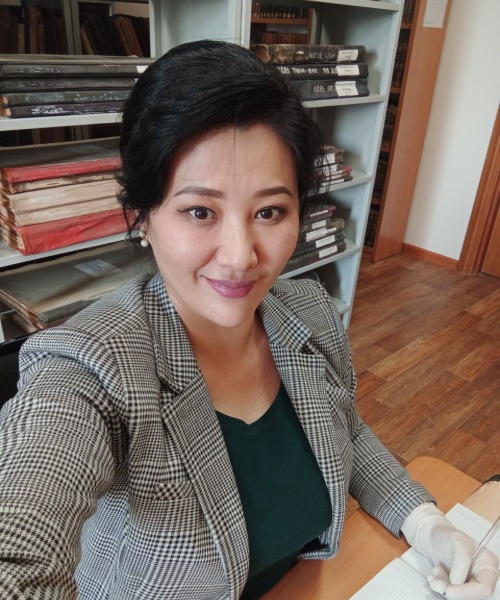
Kholikova Nodira Djokhongirovna
Head of Department
- Phone: +998909929066
- Email n.xolikova@cspu.uz
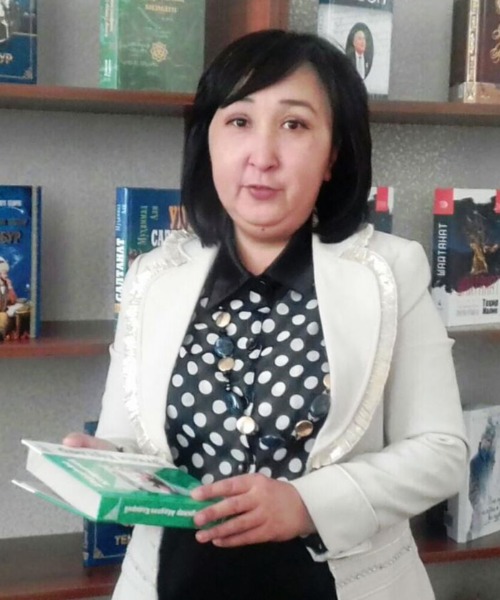
Davlatova Adiba Raxmatovna
Kafedra professori
- Phone: +998998163516
- Email a.davlatova@cspu.uz
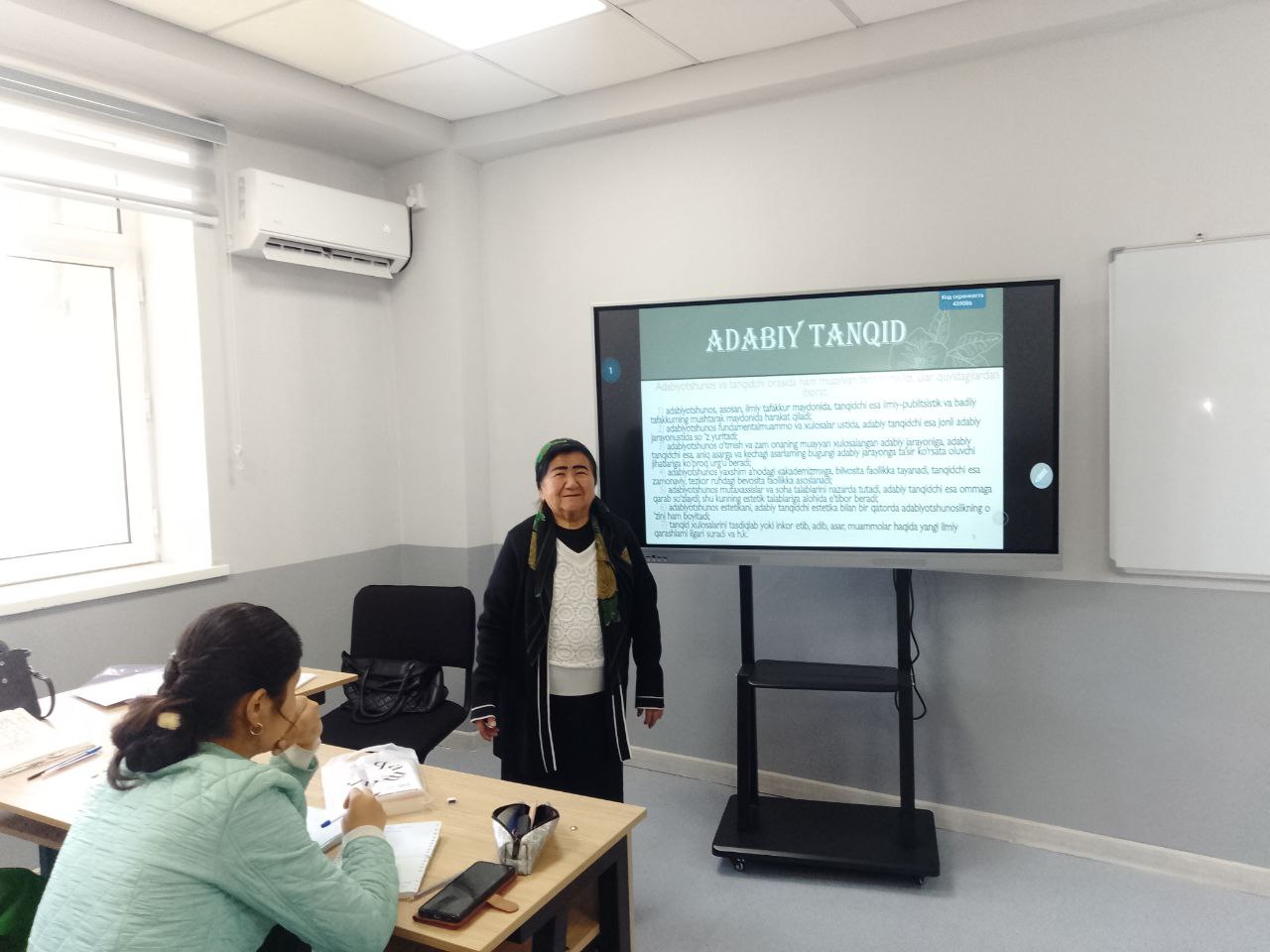
Sabitova Tadjikhon
Professor
- Phone: +998507144522
- Email t.sabitova@cspu.uz
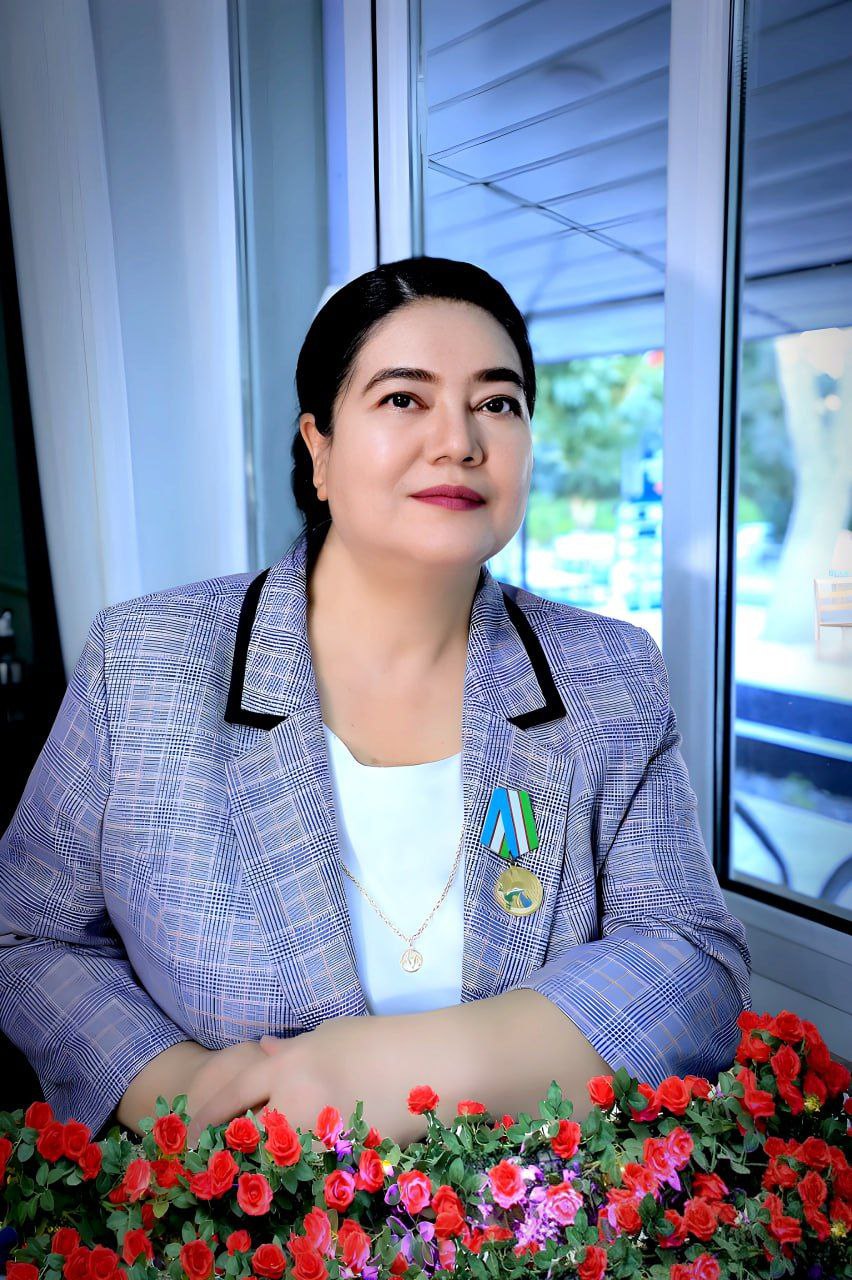
Togayeva Gulandom Jummaevna
Kafedra dotsenti
- Phone: +998974303856
- Email g.togayeva@cspu.uz
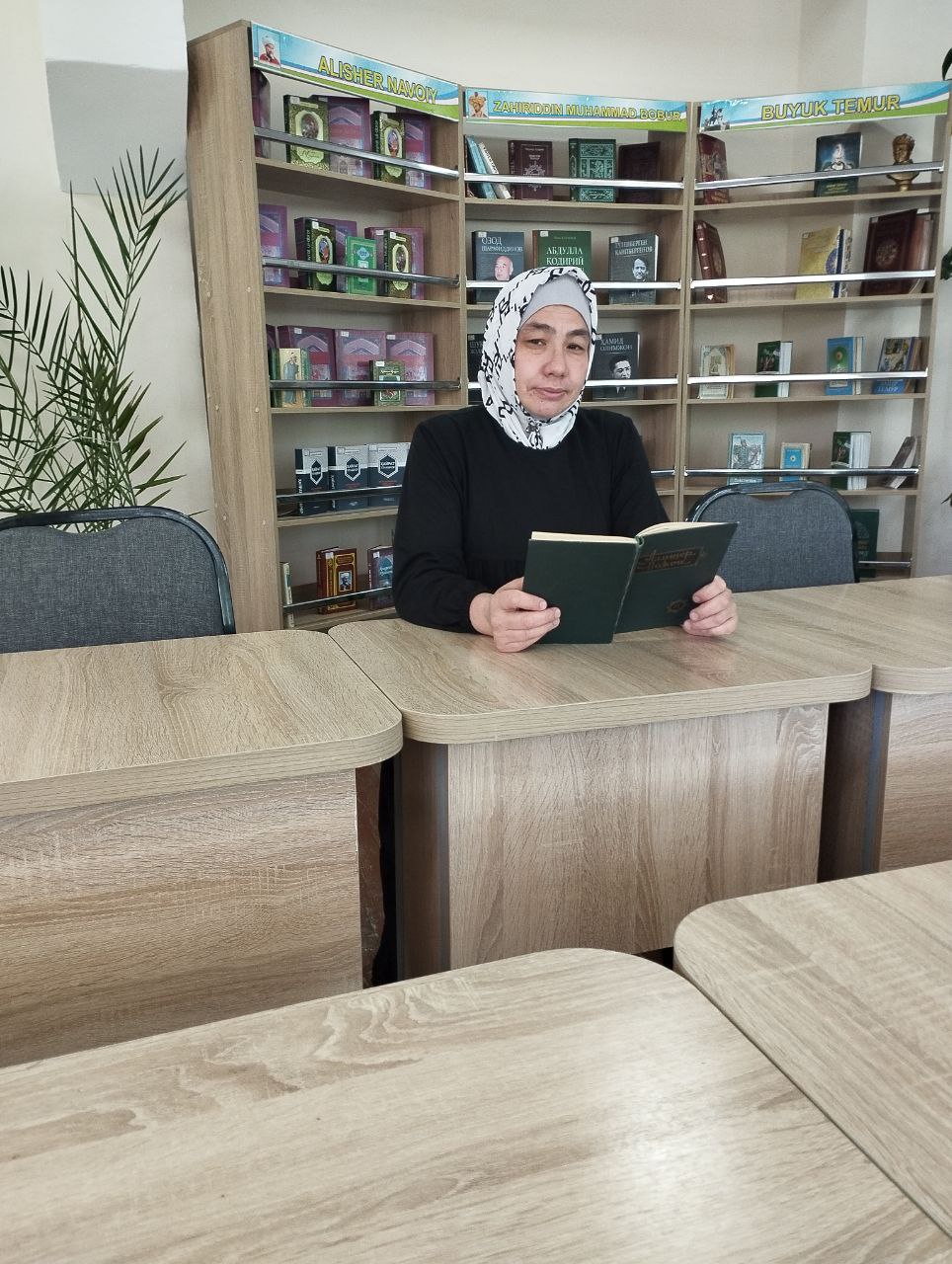
Shermatova Umida Sapayevna
Kafedra dotsenti
- Phone: +998996407602
- Email u.shermatova@cspu.uz
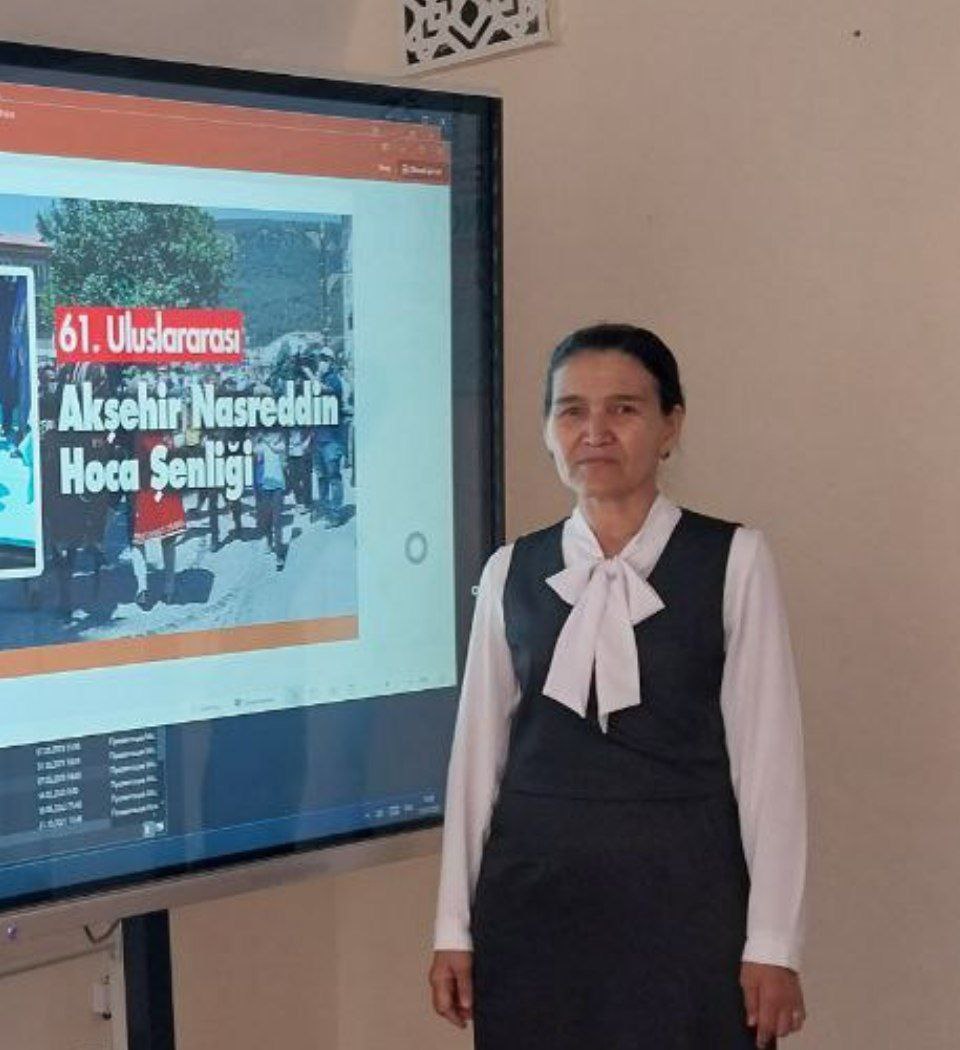
Raxmanova Nafisa Azatbekovna
Katta o‘qituvchi
- Phone: +998909509920
- Email n.raxmanova@cspu.uz
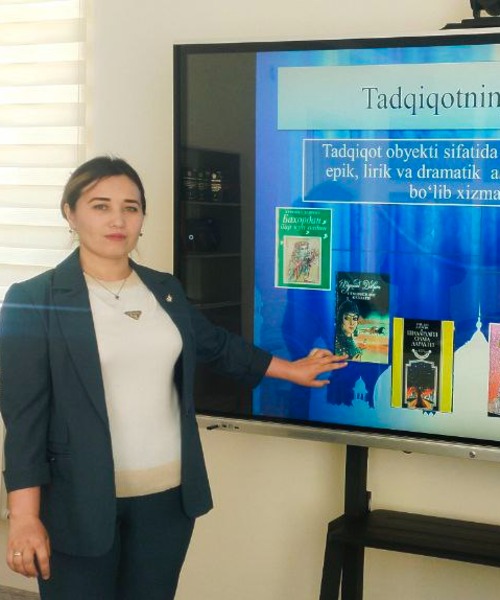
Usmanova Ziyoda Ilxomjon qizi
Kafedra o‘qituvchisi
- Phone: +998993962521
- Email usmanova-ziyoda-ilxomjon-qizi@cspu.uz
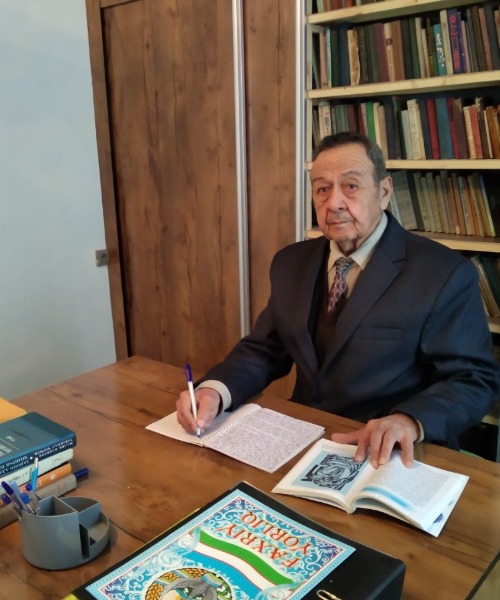
Malik Kabirov
Kafedra dotsenti
- Phone: +998717166805
- Email malik-kabirov@cspu.uz
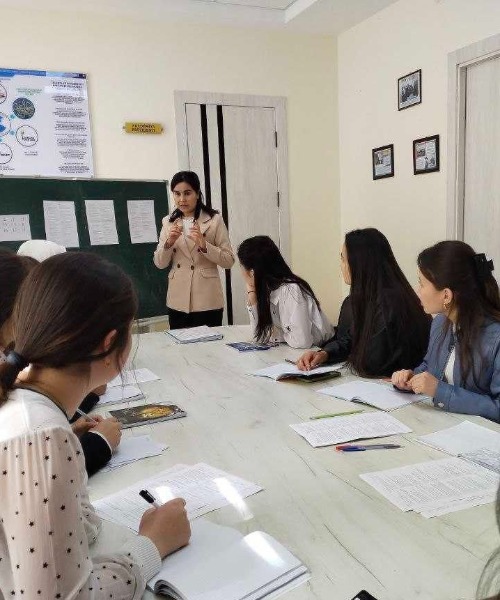
Arzikulova Sohiba Abdujabbor qizi
Kafedra o‘qituvchisi
- Phone: +998971991520
- Email s.arzikulova@cspu.uz
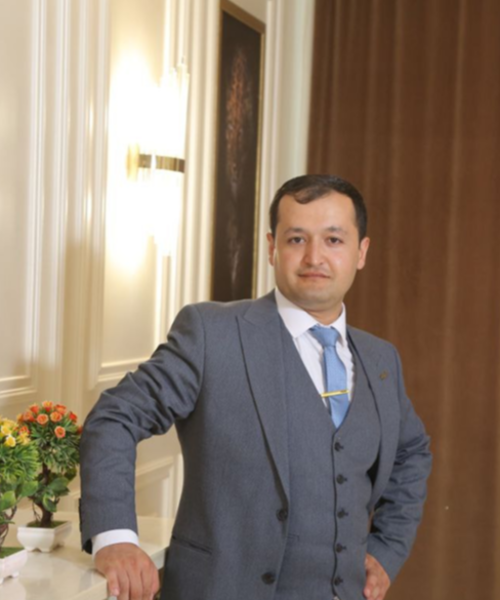
Kuchkorov Hoshimjon Hasanzoda
Head Teacher
- Phone: 995951284
- Email h.quchqorov@cspu.uz
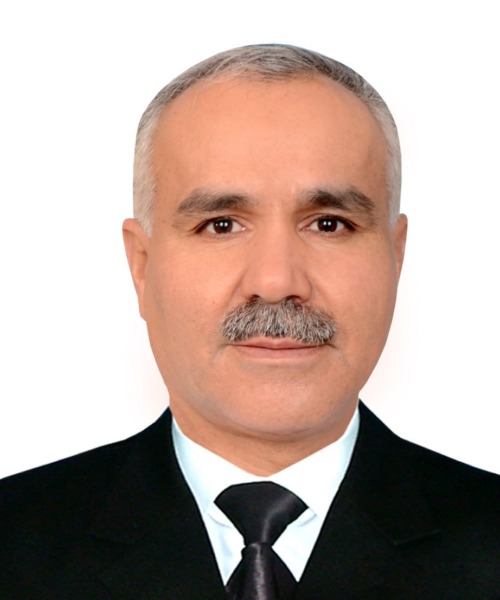
Hikmatov Hikmat Sultonovich
Katta o‘qituvchi
- Phone: +998936120173
- Email x.xikmatov@cspu.uz
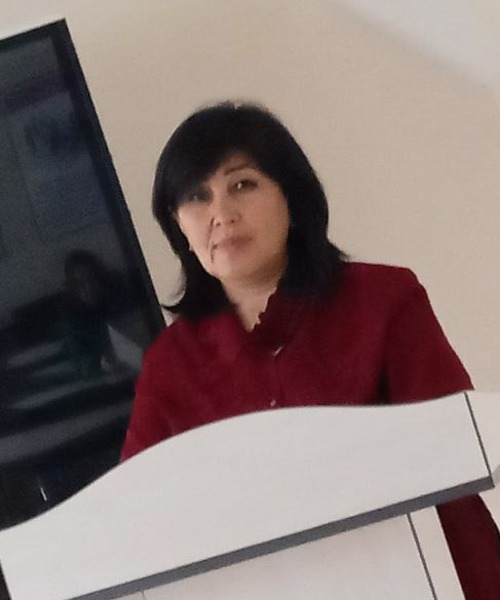
Rasulova Rayxon Baxritdinovna
Kafedra dotsenti
- Phone: +998900083139
- Email r.rasulova@cspu.uz
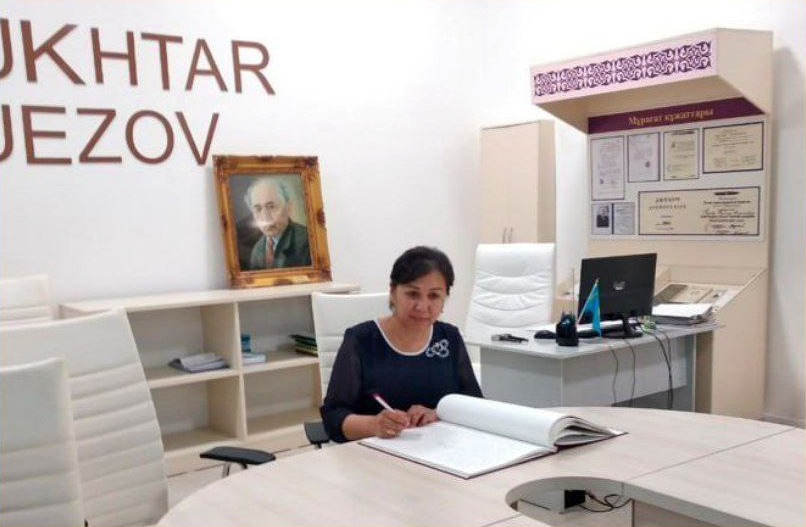
Muydinova Arofatoy Urinovna
Acting Associate Professor of the Department of Uzbek Literary Studies
- Phone: +998909250204
- Email a.muydinova@cspu.uz
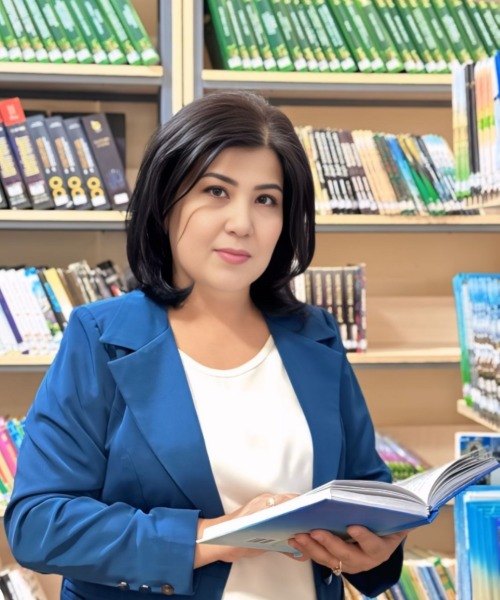
Achilova Emina
Kafedra o‘qituvchisi
- Phone: +998942488590
- Email achilovaemina@gmail.com
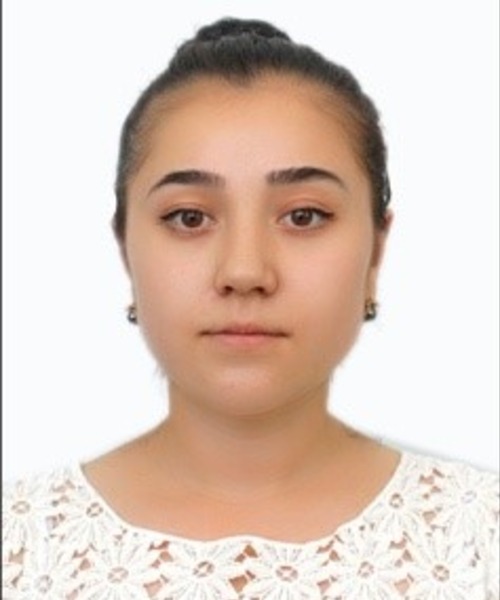
Murodova Ruxsora Ismatilla qizi
Kafedra o‘qituvchisi
- Phone: +998888797008
- Email ruxsoramurodova1311@gmail.com
